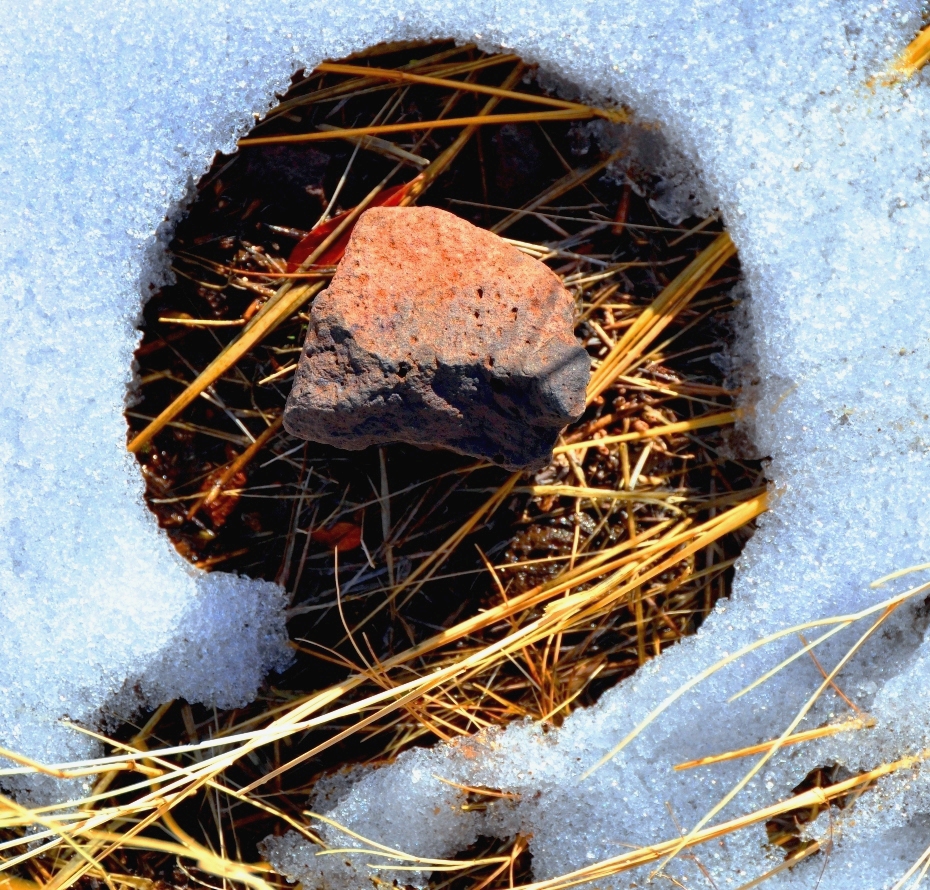Two Poems by Zachary Kluckman
Stillborn
Thirteen months, my daughter’s first child lay
as a stone in the ground. A fetus in the soil’s womb.
A movement from the string section. A Baroque swell.
Violins wound with gut for the roots of trees to bow.
She wore the bloodied gown for the funeral. Gingham
ceremoniously brushed with earth, bare feet
wrapped around a handmade cross, she sat before
the shallow grave, silent. As the sky is silent before a storm.
The heads of three violin bows sharp against the thunder,
snakewood raised, sent notes of grief mourning through the trees.
Swelled the blood. The salt of her loss caught the moon
on her face. Each sob a wound in the earth. She swayed,
asked if I could hear the music. If I would accept any gift
to fell the trees so the sound could carry. Would her father bring
an axe to a funeral. Plunge his hand into the splinters.
Pull the wet hearts from the wood, bury them here,
next to her child, whose eyes were still unformed. Black marbles
for the earth to spin. Thirteen months of growth, Baroque
strings played lefthanded by the wind, before the seed of her body
gave forth its embryo. This slender shoot, proof, in our own backyard,
the earth does not forget our debt.
Up and Down the Hill
they slide,
in pigeon colored snow. Wings
dirty with soot, with pearls of melt. Cardboard
taped to their backs, our children run, flap, jump. Plow the snow
with the pistons of their bodies, lungs
given exhibition. Evidence of living. The dogs in the field laugh,
scrutinize the movement of ants. Rows of sleds
line adobe walls, their wooden bodies reserved
for rare weather.
Rows of gardens follow the declination of stars. I stride across
the raised furrows, imagine them veins beneath the snow. Vessels for
the slow thaw that moves the earth to mud. Below, insects
in diapause. Frozen bodies waiting the hand of spring,
lending their color to ice. Wooden crosses boast their graves
below the trees twenty yards from here.
The dead no longer pray, having found their voice in sparrows.
Winters here are a temporary endeavor, a happy hobby of the weather.
I invoke the memory of a woman, the sacred heart.
The gravel with its stone throat, below this snow. If she could
her spirit would present from those trees, long dress splashing
through the melt, gathering the mud where her feet
touch that old river the storm has gathered, remember its voice
as a thunder the squirrels ran towards. As if the sun’s appearance
here is an imbroglio for meteorologists to sort, her voice
similarly
accorded a measure of disbelief, the thinness of light,
I listen for the lilt, a southern
tongue speaking the secrets of what lies behind the trees.
What good
can come from listening to memories?
Spill the salt and all this snow crawls back
below the grass. The children return to haunting the fields,
hunting crickets for fish hooks. They’ll do this work to take a life
as will I. To feed,
we will tangle our feet in the roots of trees, hang over the water like shadows,
laugh with the urgency of bells, lay out
under the sun with earthworms on our bellies. Tell stories
of ghosts around fires. Remember the purpose of sleds.
Remember the winter we’ve just spent
the way trees remember the wind.
As a thing that teaches us how to reach for the earth
with our whole bodies.
Zachary Kluckman, the National Poetry Awards 2014 Slam Artist of the Year, is a Scholastic Art & Writing Awards Gold Medal Poetry Teacher and a founding organizer of the 100 Thousand Poets for Change program. Kluckman serves as Spoken Word Editor for the Pedestal magazine and has authored three poetry collections.
Photo credit: “Why” by Jayne Marek. Marek’s poems and photos have appeared in Gravel, Blast Furnace, Lantern Journal, Siren, Spillway, Driftwood Bay, Tipton Poetry Journal, Isthmus, Windless Orchard and elsewhere. She is author of a chapbook and co-author of another poetry collection. Her work has twice been nominated for a Pushcart Prize.
